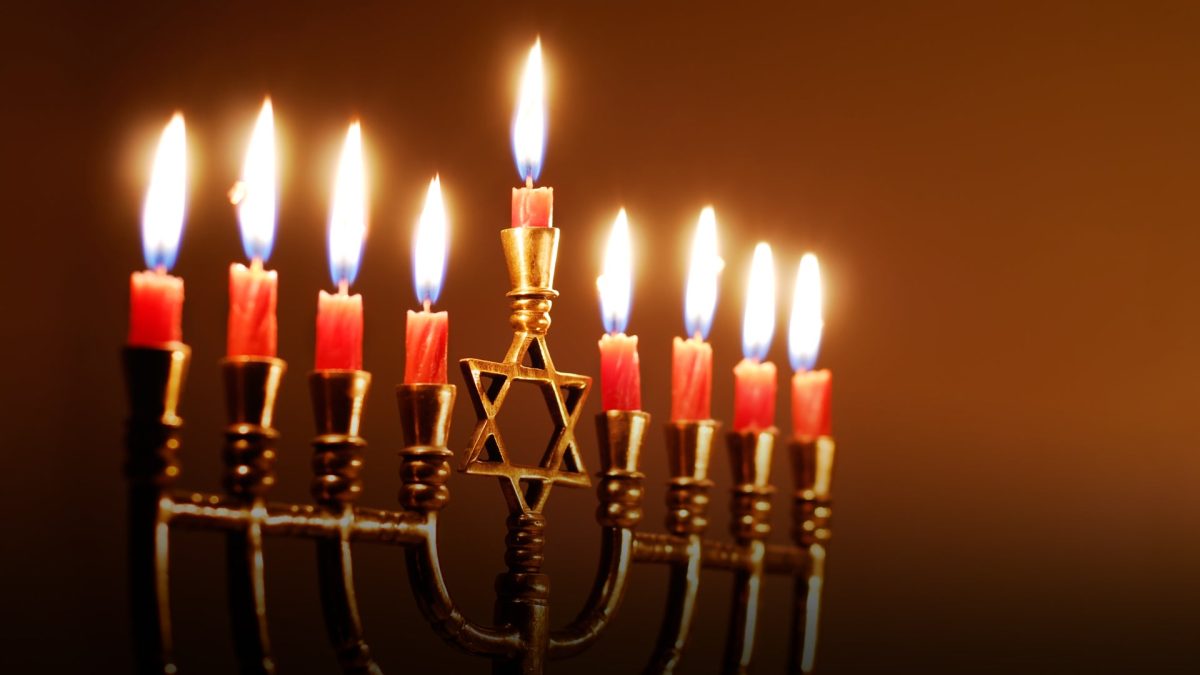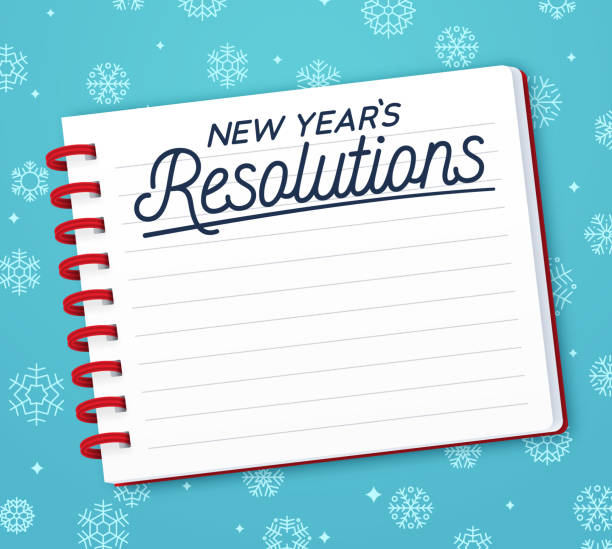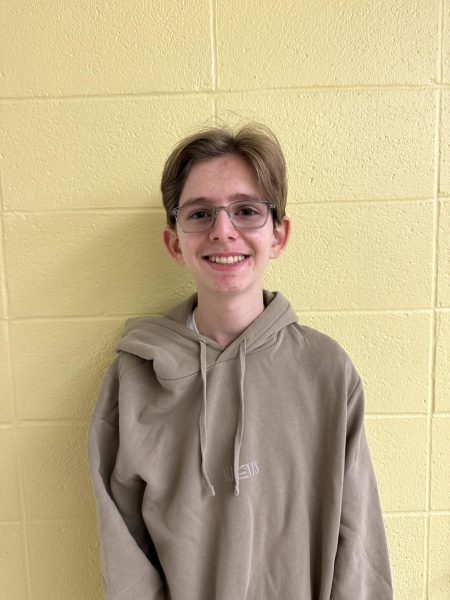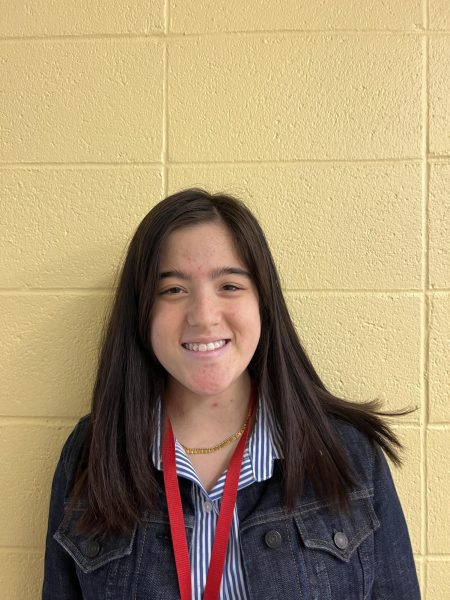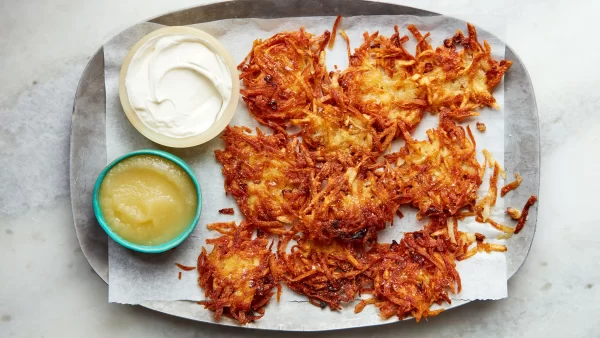
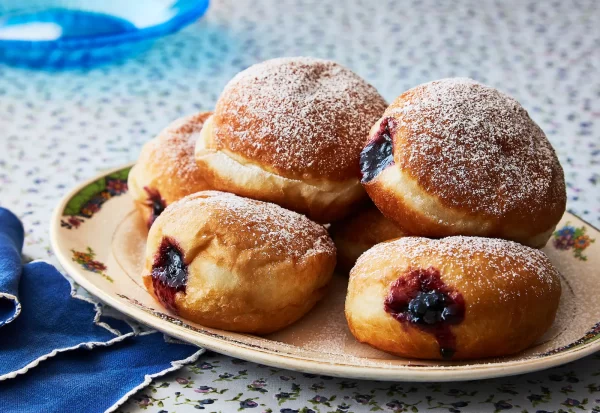
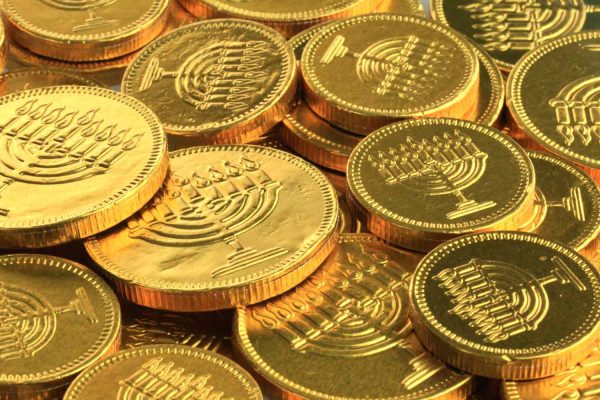
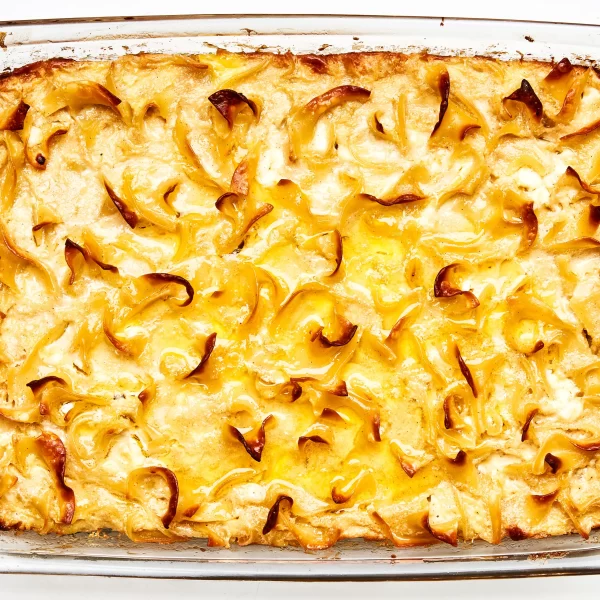
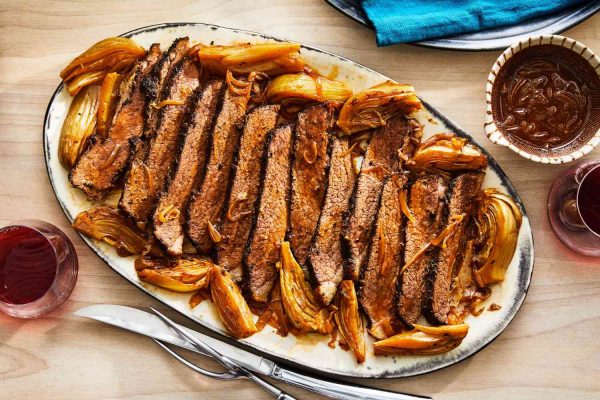
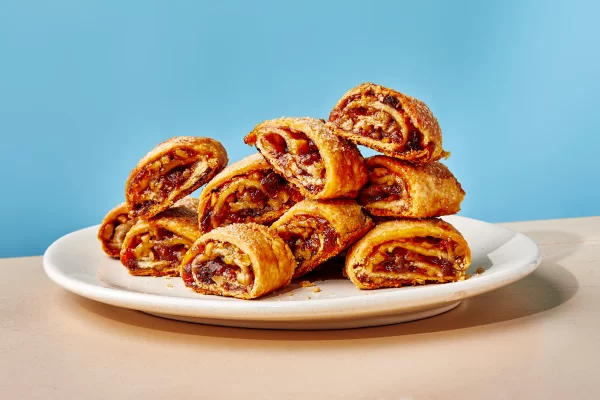
As the freezing temperatures are beginning to become more palpable, the holiday season comes around. The white snow falls from the sky, symbolizing a beautiful start to this holiday season. One of the holidays that many people celebrate is Hanukkah, but many people do not know about what this is. No, Hanukkah is not just a “Jewish Christmas,” but has its own separate and special meaning. Regardless of if you are Jewish or not, if you want to learn what exactly Hanukkah is, then read this!
What is Hanukkah?
Hanukkah, or the “Festival of Lights,” is the eight-day celebration that Jewish individuals all over the world celebrate with many traditions, such as lighting the menorah every night, reciting special prayers, and enjoying a multitude of delicious fried delicacies.
The Hebrew word “Hanukkah” signifies the idea of “dedication,” which is symbolic of the dedication that was given to the Temple during the revolt of the Maccabees.
Hanukkah starts at sunset on the eve of Kislev 25, or the Hebrew Month corresponding to November and December according to Chabad.org, and is celebrated for eight days. Hanukkah of 2023 began on the eve of Thursday, December 7, 2023 and came to an endon the sundown of Friday, December 15, 2023.
History
The celebration of freedom and dedication was due to the revolt that was initiated due to the dedication of these individuals to the Torah and Elohim, or the God of Israel.
According to History.com, The revolt was initiated by priest Mattathias in protest of the antisemitism and Temple of Jerusalem, or the center of worship in Israel at the time, desecration that occurred at the time. However, after the unfortunate passing of this notable individual, his son, Judah the Maccabee, succeeded his father in this position and led the Jewish people to victory against the Seleucids—who were ruling the Land of Israel at the time—after the Seleucid soldiers massacred an indeterminable number of Jewish people. Eventually, Judah and the Jewish people won back Jerusalem and restored the Temple.
However, the widely-practiced tradition of sparking a flame on the delicate wicks of the colorful Menorah candles comes into the picture According to the Talmud, one of Judaism’s holiest texts, after lighting the menorah’s candles with this minuscule amount of oil, the flames continued to burn for eight consecutive nights, allowing the Maccabean protestors to find a new supply of oil. This led to the idea of Hanukkah, or the Festival of Lights, to commemorate this miraculous event that is celebrated by a plethora of Jews worldwide.
Traditions
Similarly to many Jewish and secular holidays, there are a plethora of traditions that accompany this eight-night festivity.
For starters, a crucial Hanukkah tradition includes lighting the menorah, or a candelabrum used to hold nine candles and symbolize the Star of David and the symbol of the Zionists. Every night of Hanukkah, families gather around the menorah and insert the candles in from the right to the left, and the candles are lit in the opposite direction using the center candle. Given that the candles are never removed and simply burn until the wax is all melted and melt into the menorah, don’t be surprised if your menorah ends up being a colorful and gooey mess!
Another key aspect of celebrating this wonderful holiday is reciting the Hanukkah Blessings. Prayers including the following will be frequently recited by Jewish families across the span of these eight radiant nights:
- “Baruch atah Adonai Eloheynu melech he-olam asher kidishanu b’mitzvotav vitzivanu l’hadik ner shel Hanukkah.”
(Blessed are you Adonai our God, Ruler of the Universe, who has sanctified us with your laws and commanded us to kindle the Hanukkah lights.)
- “Baruch atah Adonai Eloheynu melech ha-olam sheh-asa nisim la-avotaynu bayamim haheym ba-zman hazeh.”
(Blessed are you Adonai our God, Ruler of the Universe, who performed miracles for our ancestors in ancient times, at this season.)
- “Baruch atah Adonai Eloheynu melech ha-olam shehecheyanu v’ki-y’manu v’higianu lahzman hazeh.”
(Blessed are you Adonai our God, Ruler of the Universe, who has given us life, sustained us and enabled us to reach this season.)
In addition to these prayers,a relatively new tradition of giving gifts every night of Hanukkah is another notable feature. Gifts tended to be more in the area of gifting “gelt,” or the Yiddish word for “money.” Although more common traditional gifts tend to be smaller in size and include items including menorahs, dreidels, and mezuzahs, a decorative doorpost that gets attached to one’s front door.
Finally, Hanukkah wouldn’t be Hanukkah without a competitive game of Dreidel with a chocolate gelt prize! A traditional and quintessential Hanukkah festivity, Dreidel is played with a spinning top in the shape of an upside down house-like shape with four sides. The game begins with each player adding a ration of their individual amount of gelt to a container, pot, or even a pile. Then, the first player spins the dreidel. The four sides read nun, gimmel, hey, and shin. Nun means the player does nothing, gimmel means the player gets all of the gelt in the pot, hey means the player takes half of the gelt in the pot, and shin means the player adds a piece of gelt to the pot, according to Merriam Webster. Whoever wins the most chocolate gelt wins, so it can get quite competitive if there’s gelt on the line!
Food
Hanukkah would not feel the same without the special, droolworthy foods there are to celebrate with. Some of these foods include latkes, kugel, brisket, rugelach, and arguably the best, chocolate gelt!
To get a gelt, you can play dreidel with family and friends. This really helps spark the fun of Hanukkah, and gives you an excuse to eat chocolate!
Unlike many Jewish holidays, besides the normal kosher rules, there are not many food restrictions. Between a chocolatey baked good, rugelach, a tasty potato pancake called latkes, and the amazing baked casserole, kugel, there is something for everyone to eat!
In fact, you can get some excellent Hanukkah recipes from fellow Echo writer, Hila Litvin (’27), in her latest piece!
Overall, the Jews celebrate Hanukkah to celebrate their freedom. Although people get excited for gift opening, that’s not all what Hanukkah is about. Yes, opening gifts is fun, but it’s important to recognize the aspect of freedom and be thankful for that aspect. In addition, Hanukkah is a wonderful time to be spending with one’s family, and recognizing the beauty of the Jewish culture and religion. So, go light the Menorah, and enjoy the holiday season!











































































































































